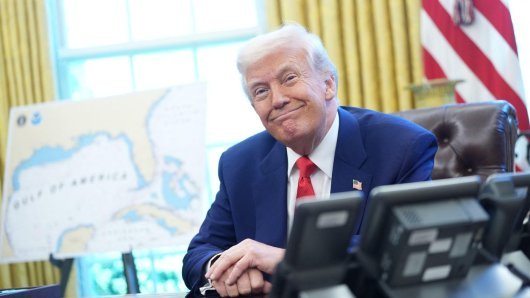A book about 70 cases of death threats, systematic intimidation and physical assaults on journalists over the past 20 years was launched at the Croatian Journalists' Association (HND) on Tuesday.
President Ivo Josipovic welcomed the publication of "White Book - A Chronicle of Threats and Assaults on Journalists 1990-2011" (in an unofficial translation), saying the book was a serious reminder of what happened to journalists over the past two decades as well as a great contribution to the promotion of democracy and human rights in Croatia.
The book brings facts about many people of honour who showed courage in doing their job, Josipovic said, adding that it was not those who were not afraid that were brave but those who wrote about what they thought was important despite being afraid.
HND vice president Luka Brailo called on journalists to show solidarity with their striking colleagues in Vecernji List daily.
Editor Renata Ivanovic said that of the 70 cases covered in the book, 50 were reported, 11 were solved but not all with a positive outcome for the journalists, six were being processed, while in 28 cases the perpetrator remained unknown.
Ivanovic said the book was intended for experts to study why the media were no longer doing their job, communicating between the authorities and the public.
Drago Hedl, whose case is covered in the book, said journalism was one of the most dangerous professions, as the social climate was such that it was often felt that the assaulted journalists "got what they deserved."
Dusan Miljus, whose case is also covered, said the current situation in journalism was difficult and that journalists with a long memory who could put two and two together were being removed from the media.
Journalist Slavica Lukic said the state of press freedom was worse than in the 1990s and that financial insecurity forced journalists into self-censorship and hyper-production, which she said was the enemy of good journalism.
Lukic said it was high time to stop equating journalists and editors, who she said were often the long arm of various power wielders, both in private and public media.





































